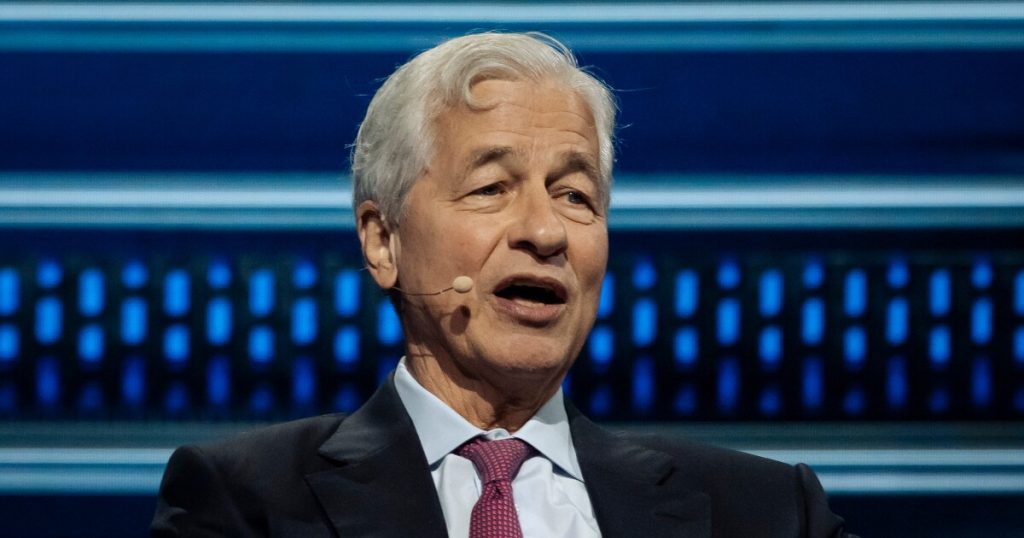JPMorgan Chase is winding down the payments platform it acquired from Volkswagen just four years ago, after executives determined they would not be able to turn a profit on the platform.
VW Pay — which became known inside JPMorgan as the Mobility Payments Solution platform — was focused on providing payments technology to players across the mobility space, according to a person familiar with the matter.
While JPMorgan will no longer run the platform, the bank will continue providing mobility services to clients in the industry, the person said, asking not to be identified discussing non-public information.
A spokesperson for JPMorgan declined to comment.
Volkswagen launched its payments business in 2017 and it was operating in 32 countries when JPMorgan took a majority stake in the platform four years later. It offers customers the option to use digital payments for car purchases, fuel, parking and other services.
At the time, JPMorgan said it planned to work with the car manufacturer to develop the platform for new markets that could use internet-connected vehicles as a way to pay.
JPMorgan’s decision to shutter the division was communicated to staffers in recent weeks and the business will be wound down in the coming months, the person said. The move is poised to affect staffers in Luxembourg and Munich, and they will either be redeployed to other parts of JPMorgan or have their roles eliminated, the person said.
The Wall Street giant’s decision to cease operations of the payments subsidiary in Luxembourg will see it cut 33 jobs in the small European country, according to a statement from the employment union Aleba. The first redundancies in Luxembourg are expected to take place in 2026, the union said.
It’s the latest example of JPMorgan showing a willingness to cut bait on technology projects that aren’t working as expected.
In 2019, the company announced it would shut down its Chase Pay app — a digital wallet product it had originally introduced to compete with rivals such as Apple that were working to transform how consumers pay for products and services. By the time it had decided to wind down the initiative, fewer than 1% or merchants were accepting the wallet, Bloomberg News reported at the time.

